Born in a dive bar in Los Angeles’ West Adams neighborhood, the recurring party series Rail Up mediates the city’s disconnection between cultures and communities with an immersive, low-light DIY approach. The club night was incubated through an authentic collision of Lusophone African subcultures, dancehall, dembow, baile funk and a diverse cross-section of LA’s Caribbean, Latinx, and QPOC communities.
Drawing its namesake from the eponymous Jigsy King track, Rail Up was initiated by choreographer, dancer, and DJ Samantha Blake Goodman (aka Muñeka), who threw herself a birthday party with the premise of, quite simply, hearing music she wanted to hear, and having a space to dance to it with close friends. With visual artist, producer, and now-resident DJ Kelman Duran also on the bill in its first iteration, Muñeka intentionally crafted the lineup with selectors playing from an extension of their personal experiences. After searching for more local DJs who are conscious about the historical context of the music they play, Muñeka linked with multi-disciplinary creative and DJ Adam Cooper (aka Foreigner), who became a partner for the project soon after.
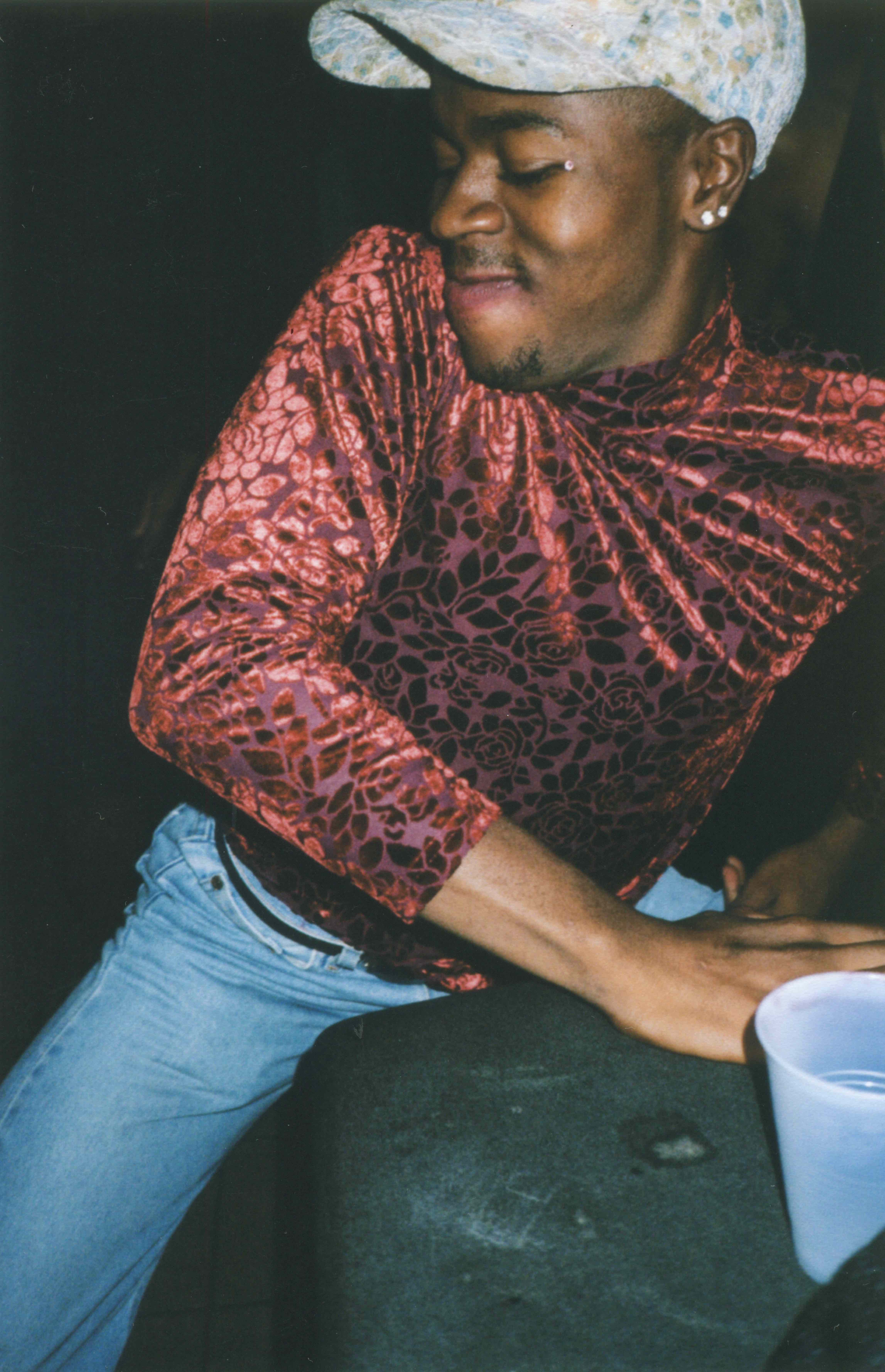
By the fourth edition, hosted at a space in the city’s Hyde Park/ Van Ness neighborhood that a friend had recently acquired, the lineup featured LA-based talent NA from Nguzunguzu and LIL M. Not knowing what to expect, the space got packed, and as Foreigner puts it, the “sound was overwhelming but great; it was a sweaty, heavy, dark night of just dancing.” It embodied the “carefree, DIY, therapeutic mood of nightlife and a crazy cross-section of African, Latino, and Caribbean music.”
In LA, which Foreigner explains has “a watch-people-dance-instead-of-actually-dance-vibe,” the fact that clubgoers came out in droves and immersed themselves in the intentionally dim space affirmed that they were onto something. To put the feeling of this open, feel-good space more explicitly, Muñeka elaborates, “[Rail Up] is definitely about community, about creating a safe, available, accessible space for people to come and express themselves. You can come dressed as you, in your clothes, your personality, your spirit and just really be who you are.”
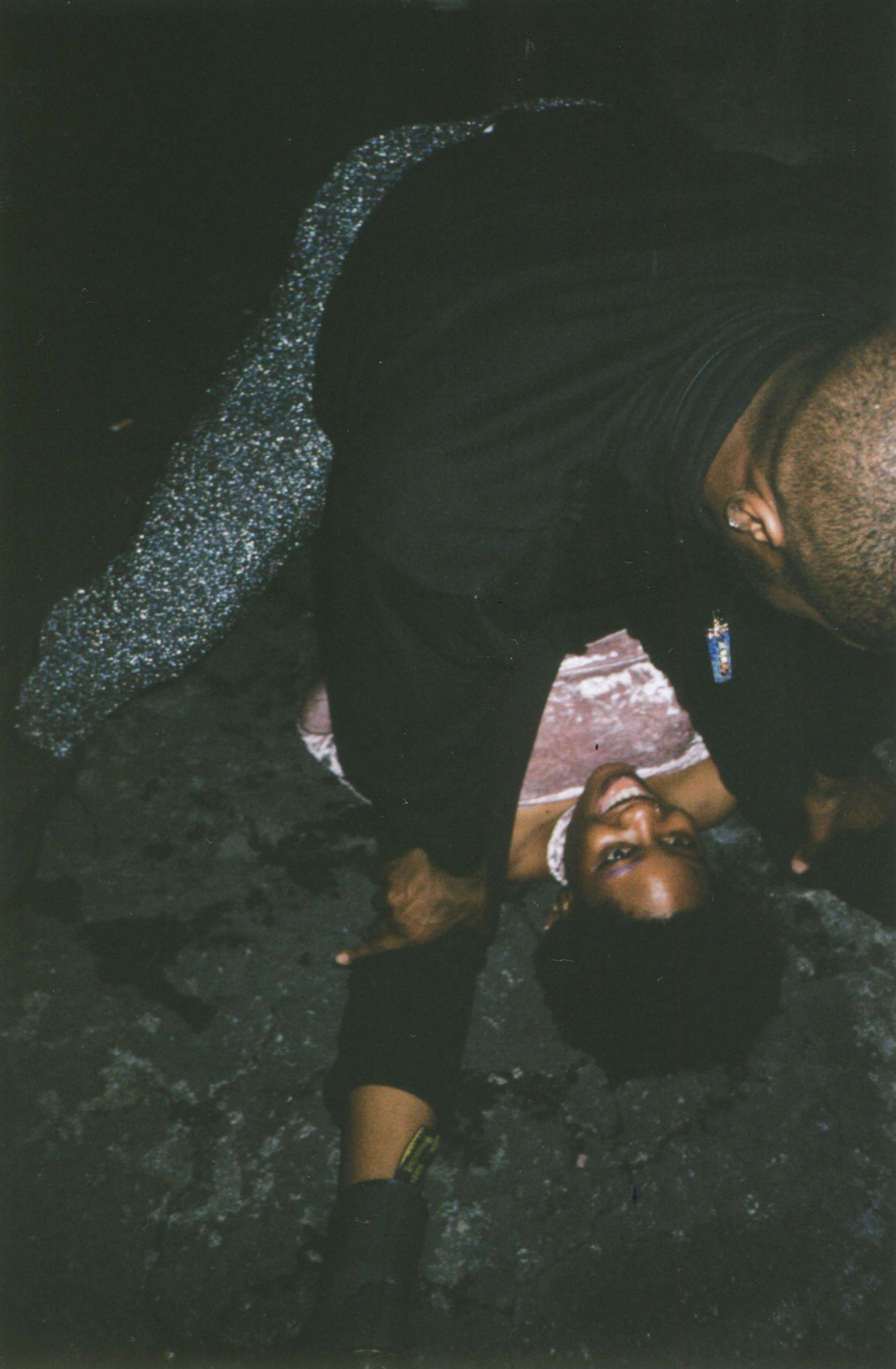
With past guests including Moro, Tygapaw, 45 di Boss, Swisha, and most recently Príncipe boss DJ Marfox, the quality of the soundtrack matters just as much as the careful steps it took to bring it there. In honoring nightlife as a sanctuary space, this is intentionality in practice; Rail Up is a deliberate jumping off point for creating and supporting local economies.
As an LA native with years of reflection on the city’s socioeconomic geographies, for Muñeka, Rail Up is an opportunity to cut through segregation in culture and commerce. “The city just feels super spread out; you have South LA, North LA, East and West sides and all of these different communities happening in all of these different places, but not necessarily coming together under one location,” she illustrates. “So in terms of location, we always try to bring together community in areas they may not necessarily go to, and also to be conscious about being really supportive of black and brown-owned businesses.”
“We really try to put this money back in the hands of the community,” Foreigner elaborates as he recounts an edition from earlier this year hosted at a beauty salon in Leimert Park. Originally reaching out to the Belizean business owner to rent the salon space and its next-door parking lot, they were able to negotiate a deal that included the vacant unit next door that was also on the lease. “She made money, we made money…I think LA nightlife needs to think about stuff like that – how what we’re doing is really helping and uplifting the community that needs this cash. It’s about creating that economy throughout the city among people; creating an economy for each other.”
Muñeka is keenly aware of what it means to work within warehouse or unconventional rental spaces, especially in the aftermath of tragedies like last year’s Ghost Ship fire in Oakland. She touches on the value of persevering in such venues. “It’s hard for us to say that we’re just a warehouse party because we’re very specific about what we do; I think there’s so much stigma around warehouse parties and the danger, or that these things don’t have substance and is a threat to the city. But I actually think we’re doing a lot of positive things for our community. Every time we have Rail Up, we’re really thinking about who we’re bringing out and who we’re connecting with and giving opportunities to. We don’t think of it as just as a party, we’re always thinking about it in terms of what the experience is.”
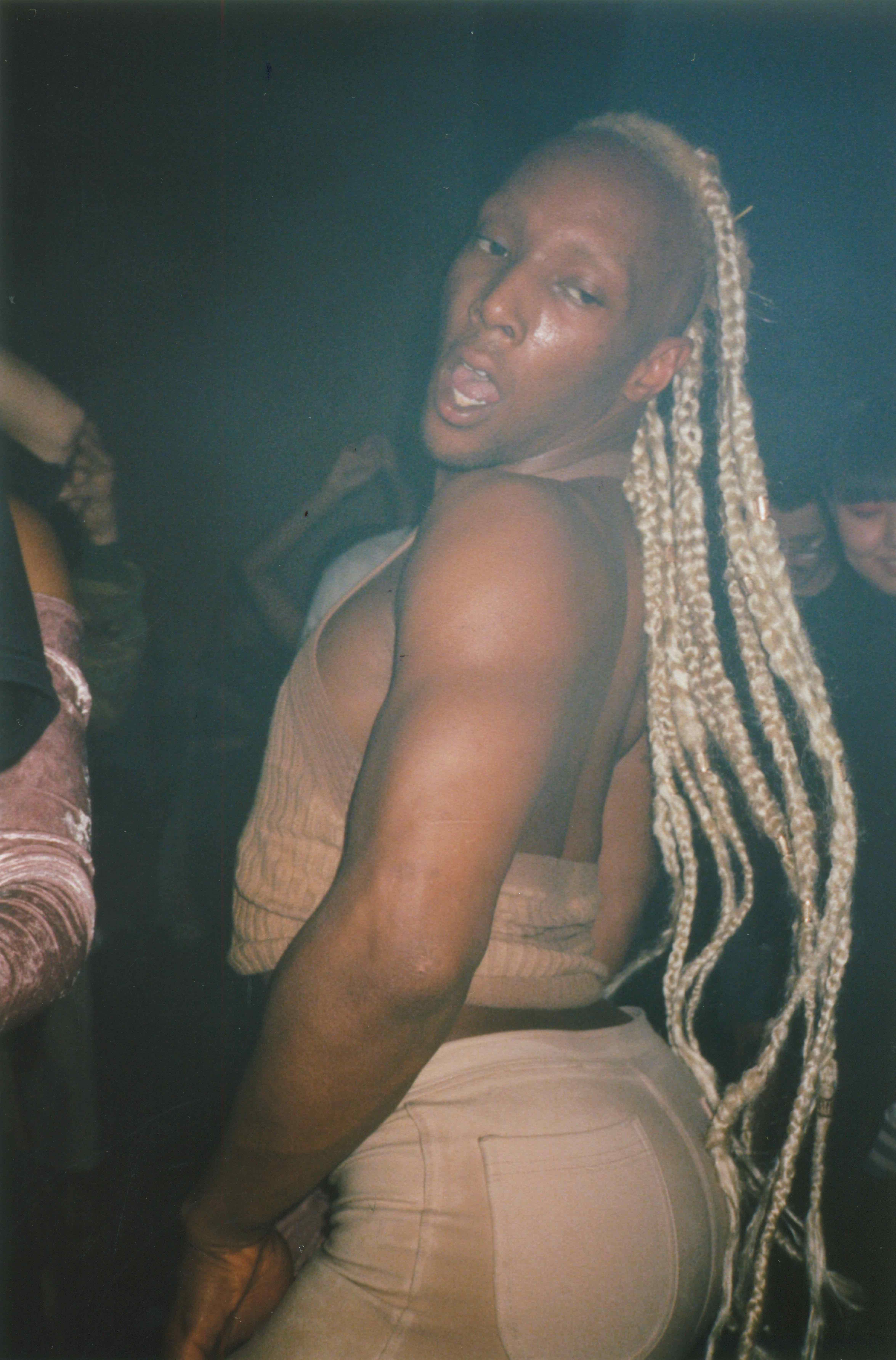

As selectors and creatives each with their chosen media, and with careful consideration of space as the conduit, the DJ sets of Rail Up’s residents impart incisive sociopolitical messages honed from the individual vantage points of each artist’s personal experiences.
“We really try to put this money back in the hands of the community.”
Muñeka spent a significant amount of time in Puerto Rico, later living in Brazil. As a dancer and choreographer, she sought out ways to connect with the music she encountered in these places. Her sets draw heavily on dancehall and baile funk, and she hopes to highlight lyricism that re-centers narratives on women, unfolding explorations of power and sexual pleasure. This also doubles as a response to the oversaturation of male rappers singing about receiving pleasure from women.
Take MC Carol’s “Meu Namaorado É Maior Otario,” where the Brazilian emcee positions her dominance through her raw delivery. In the song, she tells her boyfriend to wash her panties for her, and informs him that he can go sleep outside if he’s not about it, since she’s got a party to go to. Or Patra’s “Queen of the Pack,” where she asserts her status as a reina and won’t settle for anything less than the reciprocation of her self-worth. For Muñeka, this empowered lyrical construction gives way to corporeal expression. “I do think there is something extremely powerful about how females command these spaces through their dancing, embodying their sexuality and pleasure through movement.”
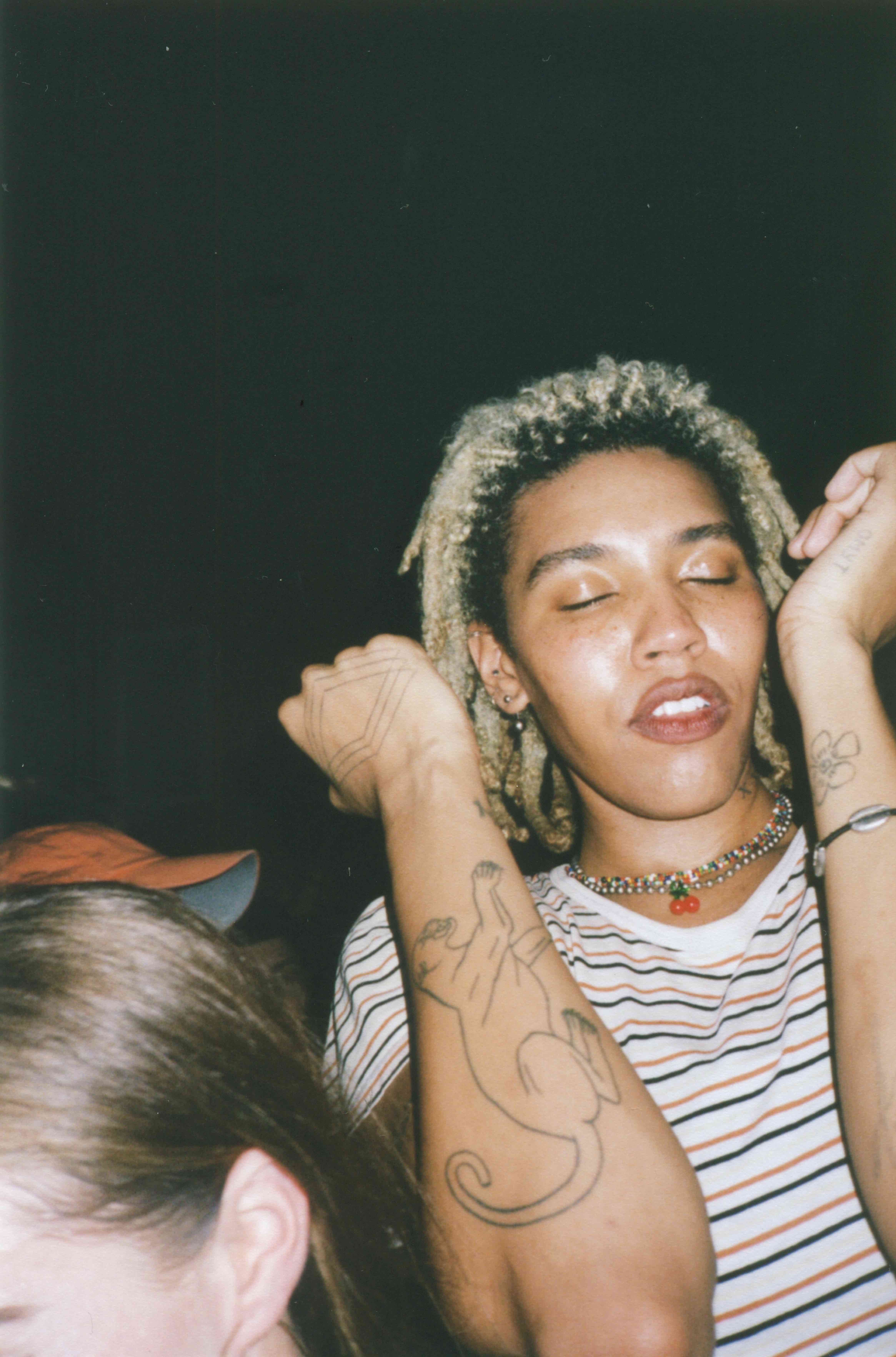
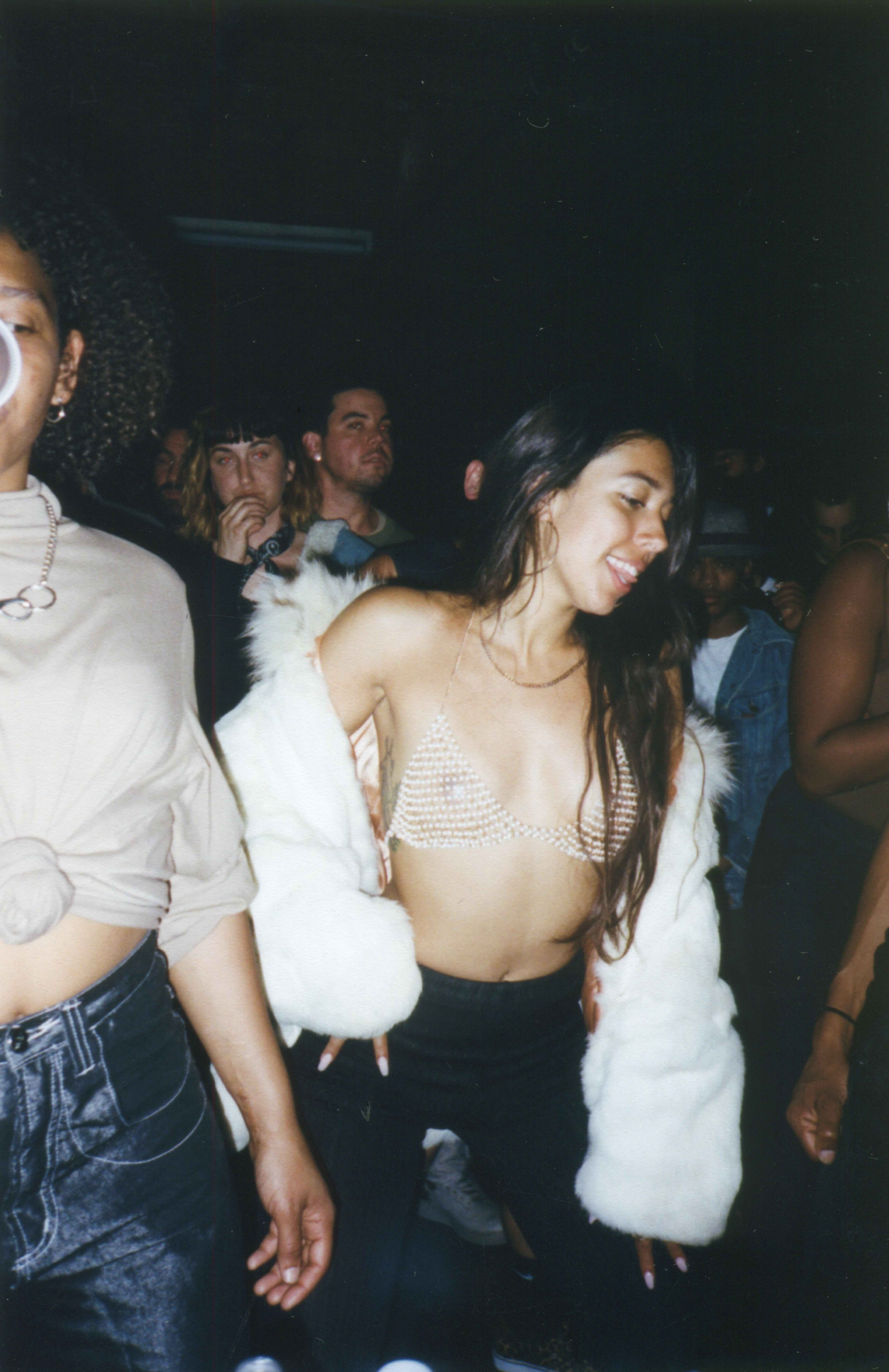
For Cooper, who was born in Trinidad and grew up in Venezuela before relocating to Miami, New York, and ultimately Los Angeles, his geographically and culturally diverse experiences of identity merge and manifest in his DJ practice. “I feel as though being a Trinidadian man that grew up elsewhere, there’s always this disconnect; it’s either I’m African-American, I’m from Trinidad, or I’m from this place or that place, and the reality is that it’s really one diaspora that shares a Black experience that is shaped by similar circumstances.”
“We don’t think of it as just as a party.”
Duran, with growing notoriety as a prolific producer and a go-to source for deconstructed, 808-saturated dembow edits, pairs his politics with his recorded and performance output. With deep NYC roots, having grown up near 188st Street and Audubon in Washington Heights, Kelman’s practice is partially a reclamation and exploration of the identity he left behind after relocating to the West Coast, having grown up on DJ Playero tapes and reggaetón-fueled house parties. “I always try to remind people of the politics associated with music,” he explains. “In one of my sets, I played political speeches from Dominicans deporting Haitians; I try to do it just to remind people. Even if they’re not listening or if the crowd doesn’t speak Spanish, I just don’t want to make it easy for people.”
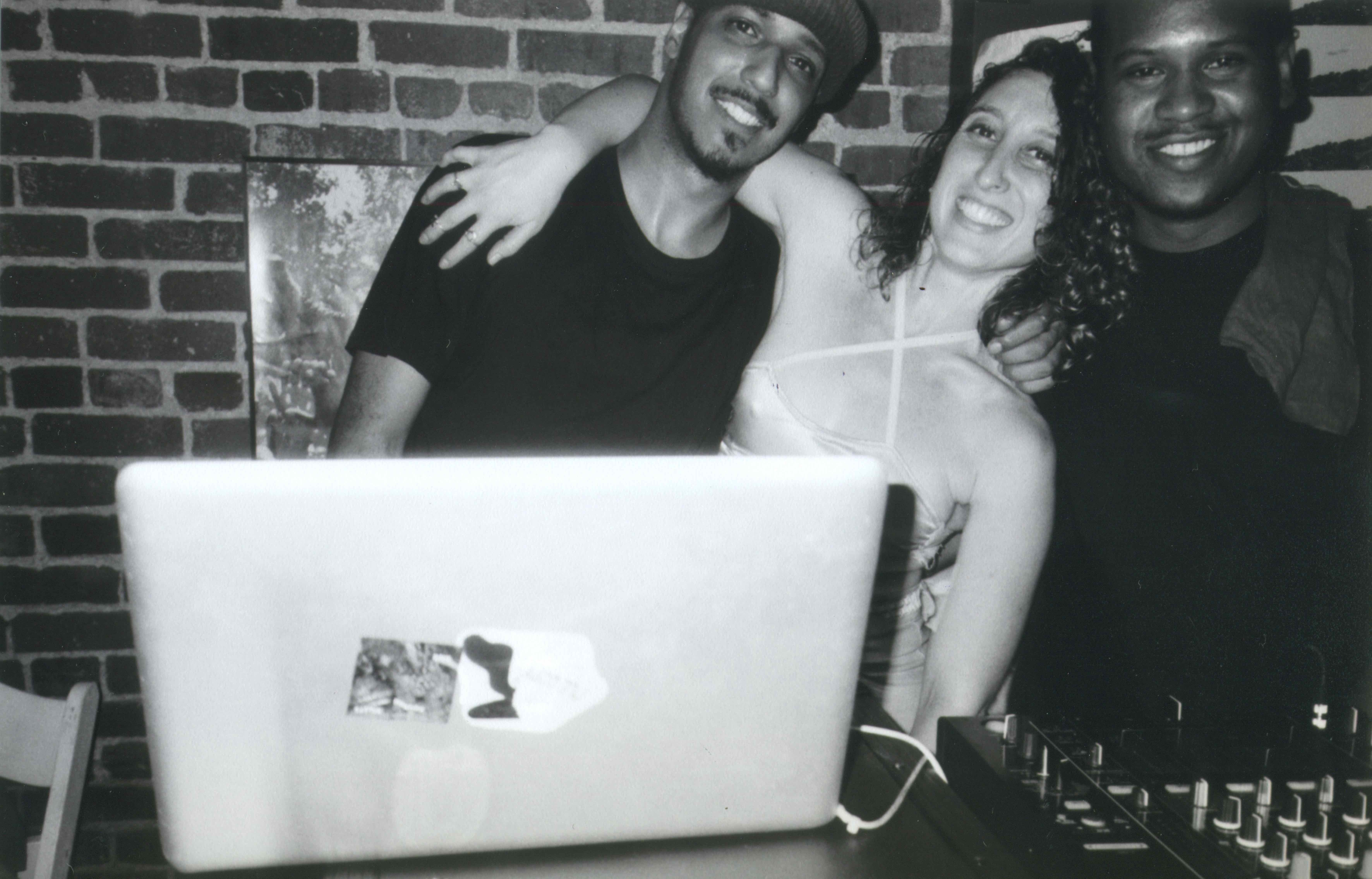
This is partially an answer to the potential erasure of context, as genres like reggaetón and dembow gain more recognition outside of their original birthplaces. It’s also crucial as the party’s visibility expands beyond its homegrown base. “To give you an example, for hip-hop and trap music, it’s become universalized, and now everyone feels like it’s transparent and can use it for their own context, and I’m not necessarily so sure about that…I don’t wanna make reggaetón like trap music, where it’s like a white kid from Switzerland can do trap music and people love it and it’s just kind of out of context. And maybe I’m old school that way or maybe I’m narrow that way, but I don’t know,” offers Duran.
As a party with a quickly growing audience and with exponential potential, its organizers continue to take a decidedly word-of-mouth approach to promotion. Rail Up operates without a logo, website, or social media presence by design; instead, each edition reveals a distinct aesthetic in each manifestation, each processed to mimic a different physical product (a film, a DVD, a VHS movie), poking fun at the commodification of parties as products.
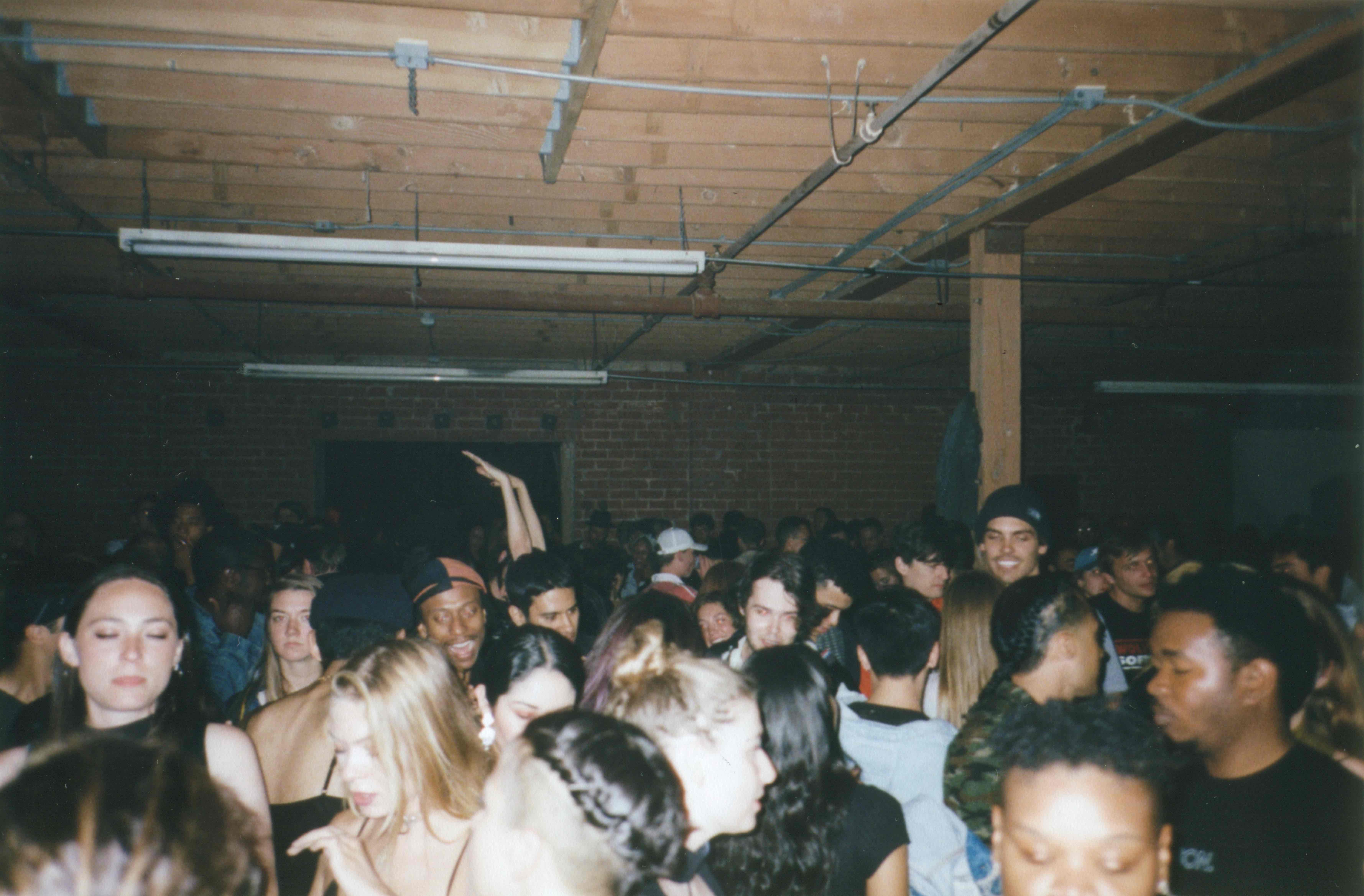
As Foreigner describes it, “it’s important for the idea of Rail Up to exist in peoples’ heads, and in their hearts, so when they talk about it it’s not like a product; it’s not like you can go and look up an Amazon review on it, the way people look up parties these days…or with parties trying to position themselves like they’re in some sort of LiveNation portfolio.” Delivered with a sense of humor and an intentionally “janky” delivery, the hope is that “you see [the promo], you crack up, you watch it like five times. And you know, ideally, after chuckling a bit, you RSVP and actually come out.”
Rail Up has a number of soon-to-be announced events and collaborations in the works for the rest of this year. To find their next session, ask around and you just might find it.







